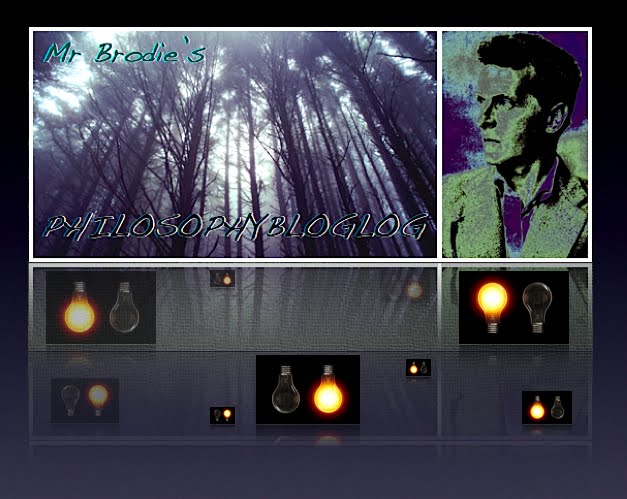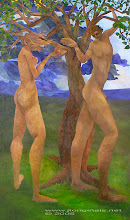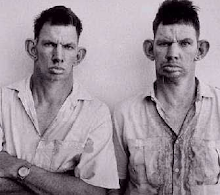I wanted to remind you of the point of the stuff we'd looked at - why did Descartes bother to sit in his oven searching for certainty? What was the story? So we wrote a little note that was similar to what follows except I've tried to improve and clarify it. And I've added a long rambling introduction.
Descartes was working in a difficult period, (aren't we all?), he was very keen on the new scientific thinking or 'natural philosophy' as it was called, which had begun to question the dominant religious ideology of the time. It was only 100 years since Copernicus had rather upset the church by demonstrating the 'revolutionary' idea that the Earth revolved around the sun, thus shifting 'man' from the centre of the universe where God had apparently put him.
Descartes himself was big on maths inventing Cartesian coordinates by which you can identify the precise spot at which a fly is located on a ceiling! Anyway, he wanted to apply the new 'scientific' way of thinking to the most fundamental questions like 'is Scott right about the Matrix?' He wanted to turn the rigour of rational thought inward and examine the contents of his mind. But we could also read his Meditations as a program for rebuilding society: Descartes wanted to sweep away superstition and received wisdom and replace it with rationally constructed principles. He also wanted to show that he could prove a) the power of 'men' to use rational thought and b) that God existed. If he could use the power of rational thought to prove that God existed then he hoped the church might see the rational enquiring mind as less threatening and more helpful.
So, if Descartes was to challenge all the strange ideas of his time he had to have a strong foundation for his own knowledge claims. that foundation is of course provided by his 'cogito', and on this point of certainty that he 'grounds' his epistemology. The cogito is thus 'foundational'.
Having established beyond any scepticism the certainty of his existence as a thinking thing, Descartes can claim epistemological grounds for his subsequent ideas about the nature of the physical world that he perceives through his senses, (like the wax) but knows and understands through his faculty of Reason.
John Locke, some 50 years later, rejects Descartesʼ ideas as to how to ground knowledge. For Locke the mind is a blank slate - a tabula rasa, and all the ideas, all the knowledge that we come to possess comes to us through our senses.
This dispute sets up a philosophical debate that has, in various forms, rumbled on into contemporary philosophy.
The argument can be summed up in basic terms as a dispute about how the kinds of things that seem to go on inside our heads relate to the kinds of things that seem to go on outside our heads. Do we have accurate representational knowledge of the world? Is that even a sensible question?























No comments:
Post a Comment